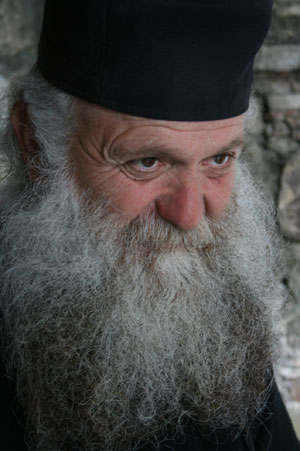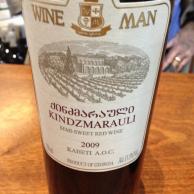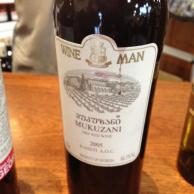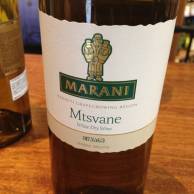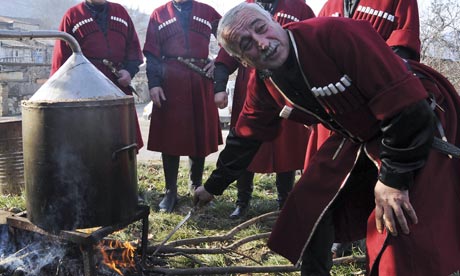by Manana Vardiashvili
30.04.2013. Six years on from blanket ban, Moscow is wondering whether wine from its southern neighbour might not be so bad after all.
In what could be a major boost for Georgia’s struggling economy, its famous wines may soon be on sale in Russia again after a six-year ban.
Moscow banned all imports of Georgian wine and mineral water in 2006, saying they were a health hazard and contained dangerous substances. Most analysts interpreted this as a form of punishment for the increasingly confrontational relationship between Russia and the administration of President Mikheil Saakashvili.
Things only began changing after Saakashvili’s party lost its hold on power in the October 2012 parliamentary election.
30.04.2013. Six years on from blanket ban, Moscow is wondering whether wine from its southern neighbour might not be so bad after all.
In what could be a major boost for Georgia’s struggling economy, its famous wines may soon be on sale in Russia again after a six-year ban.
Moscow banned all imports of Georgian wine and mineral water in 2006, saying they were a health hazard and contained dangerous substances. Most analysts interpreted this as a form of punishment for the increasingly confrontational relationship between Russia and the administration of President Mikheil Saakashvili.
Things only began changing after Saakashvili’s party lost its hold on power in the October 2012 parliamentary election.










